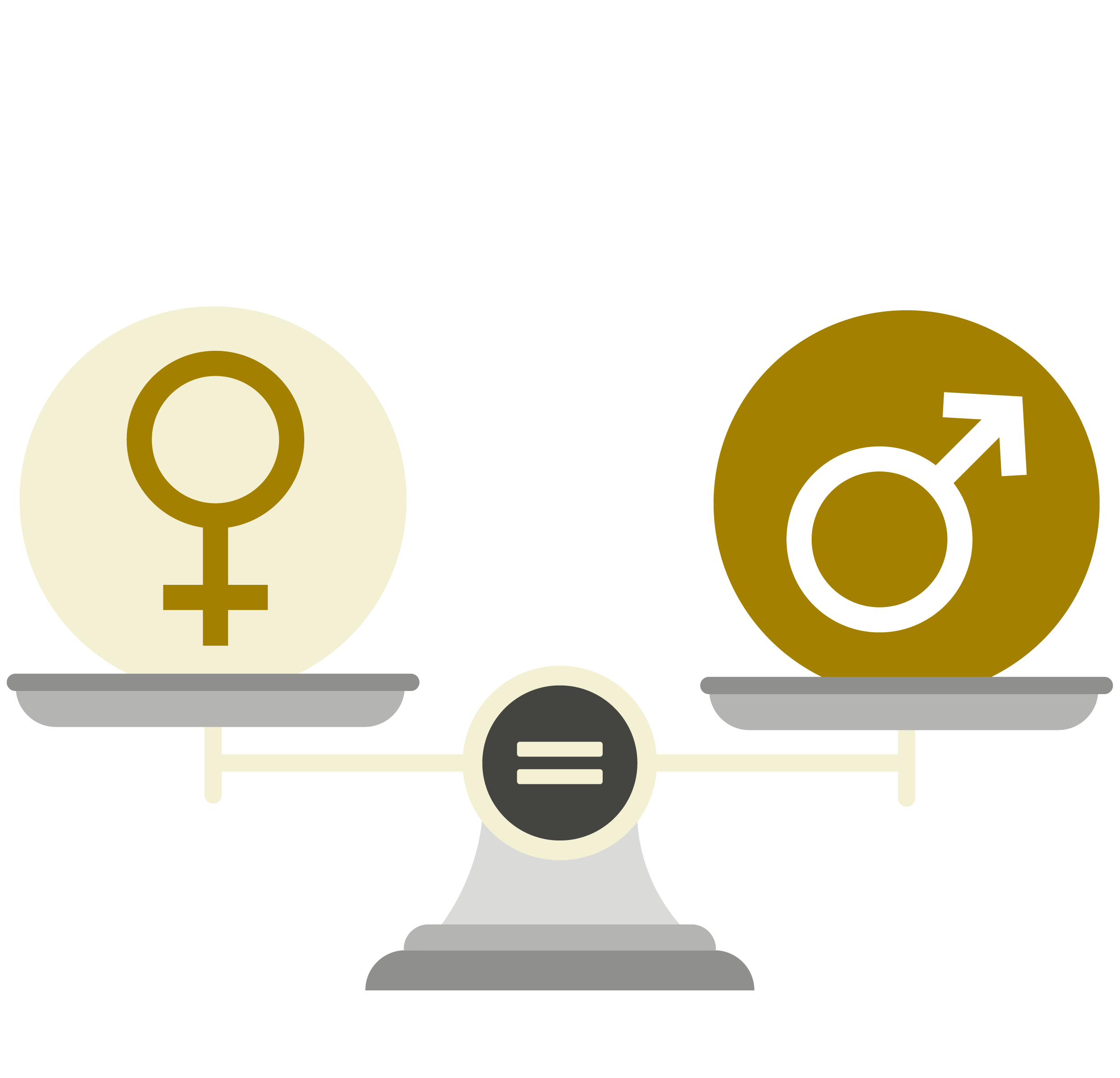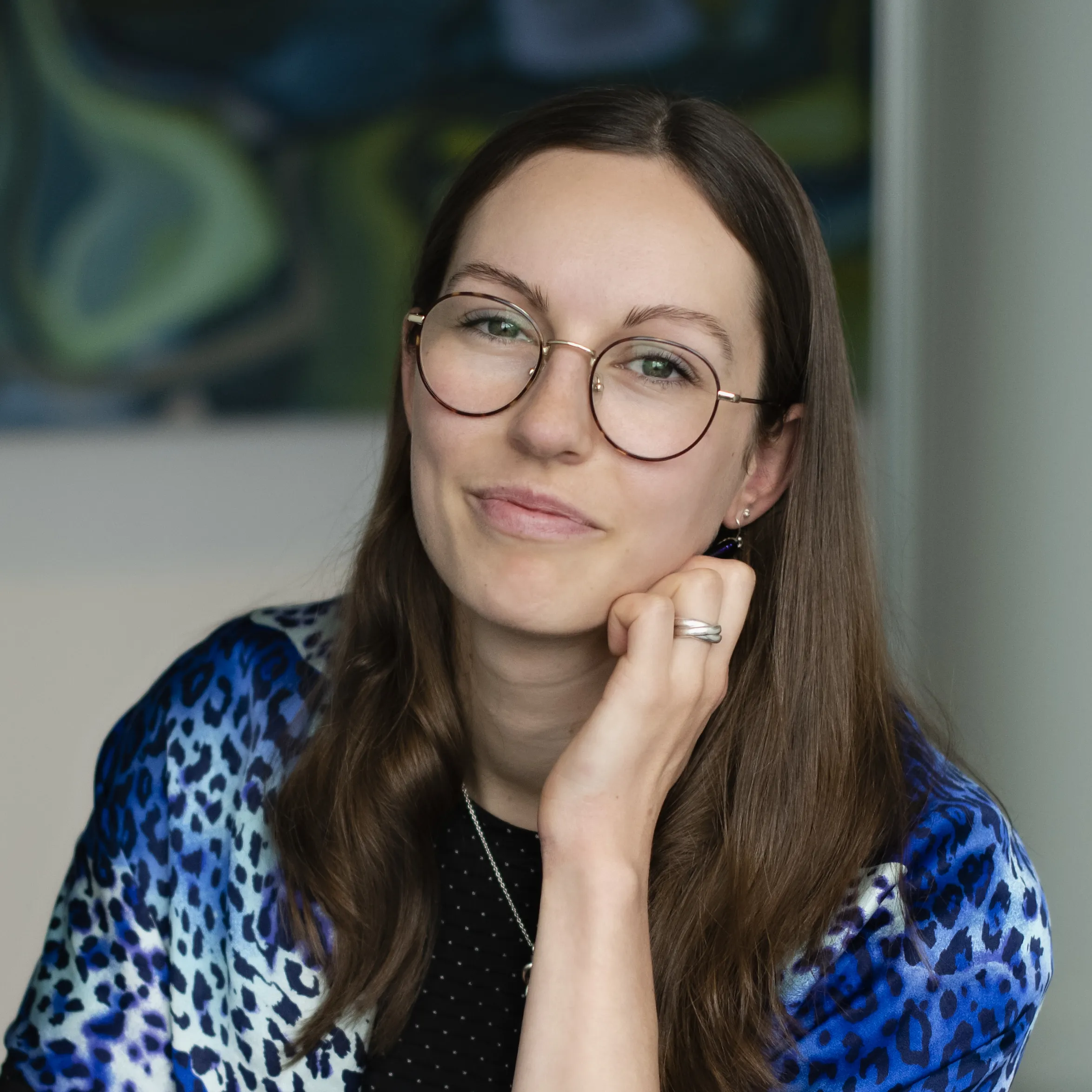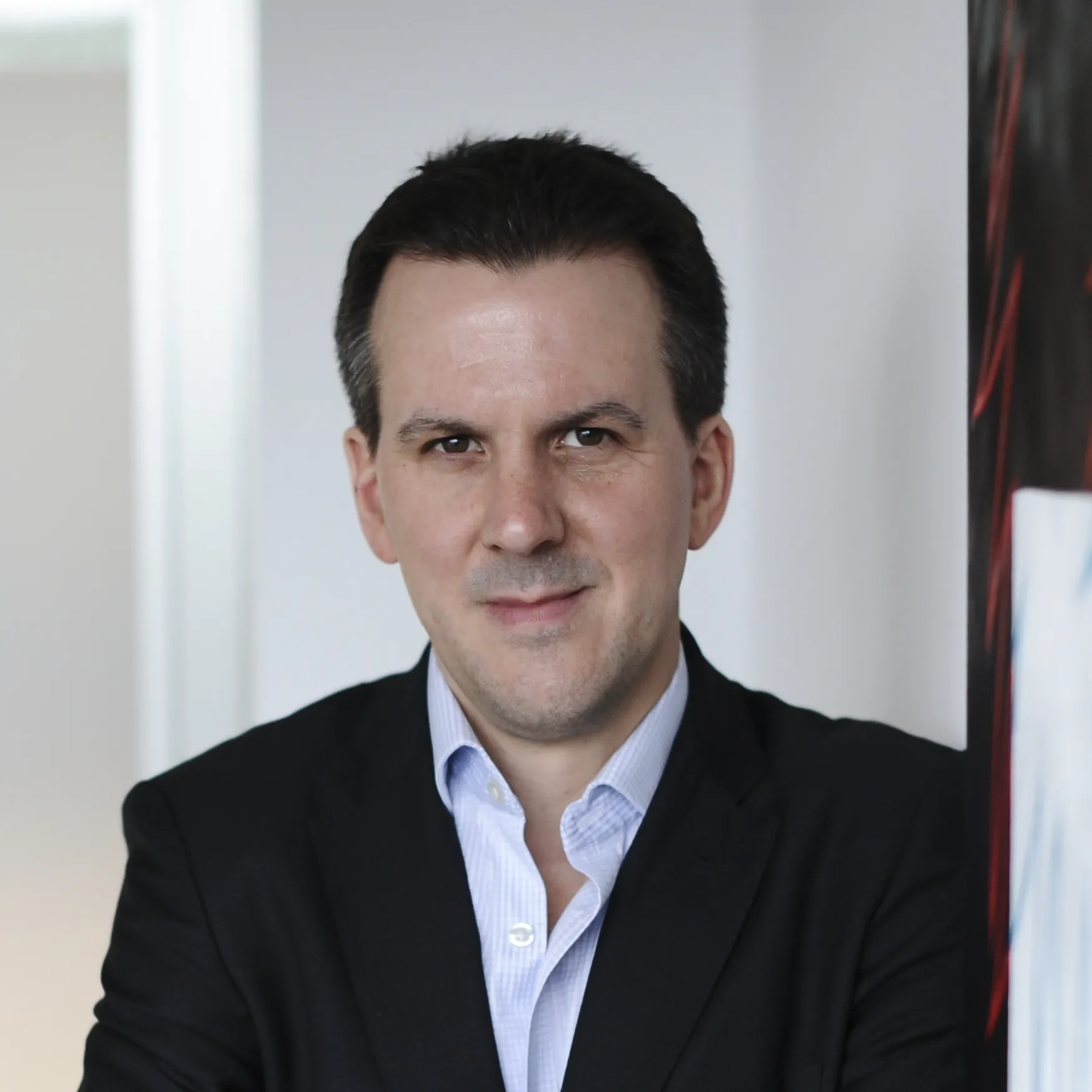Travers Smith is committed to creating an inclusive environment where all our people feel valued and able to bring their differences to work every day: not just in relation to gender, ethnicity, disability, age, sexual orientation and faith, but also in terms of background, education, working style and family or care responsibilities.
Focusing on just one of those wide-ranging and interrelating ambitions, the firm’s internal Gender Balance Group aims to inspire change and continual progress in gender equality for all the firm’s people as well as our clients and the wider community.

Putting theory into practice, the firm each year marks International Women’s Day on 8 March – an established global celebration of the achievements of women and a moment to focus on necessary continued change for women. This year in particular provided a series of important opportunities for the firm to consider the position and impact of women within the legal industry, and each of those occasions led to reflections on the nature of the gender debate as it stands in 2024.
To celebrate IWD itself, the firm was delighted to welcome three prominent figures from the legal world for a panel discussion: Lynn Rosell Rowley (Senior Legal Counsel at HSBC), Laura Durrant (CEO of the Black Talent Charter and Partner at Equitura) and Brie Stevens-Hoare KC (Gatehouse Chambers) reflected candidly on their experiences of leadership, career development, high performance and working with clients.
The discussion traversed some familiar topics – role models, intersectionality and allyship – but appeared to many listeners to add new nuance and honesty to the consideration of these familiar phrases.
In relation to role models, the panel recognised that senior women are role models, like it or not, but have a choice, or should have a choice, as to what type of role model they want to be. One panel member’s answer was simple: if she is to be a role model, she wants to be an “honest” one. In return, firms need to respect individuality and not put pressure on senior women to role model particular behaviours or characteristics. In short, they need to empower and celebrate that same honesty. For women earlier in their careers and looking for role models, there was encouragement that not all of their role models need to be women, or indeed lawyers. They can take bits of what they like from a variety of sources, to build something unique for themselves.

The panellists discussed how the concept of intersectionality impacts the gender balance debate. Consideration of intersectionality started as an important way to acknowledge the compounding effects of different diversity characteristics, but as the diversity debate becomes more nuanced, there is a danger of intersectionality leading to an approach which is insufficiently individualised, and too “tick box”. The panel acknowledged that intersectionality considerations, and the data that they generate, have a role to play in allowing firms to check and challenge themselves, and to spot trends which require action. However, they emphasised that that data should not to be allowed to lead the debate, or to become a distraction from the key ambition of creating an environment where all individuals, as complex and nuanced as they are, can thrive regardless of the labels (and consequent assumptions) that might be ascribed to them.
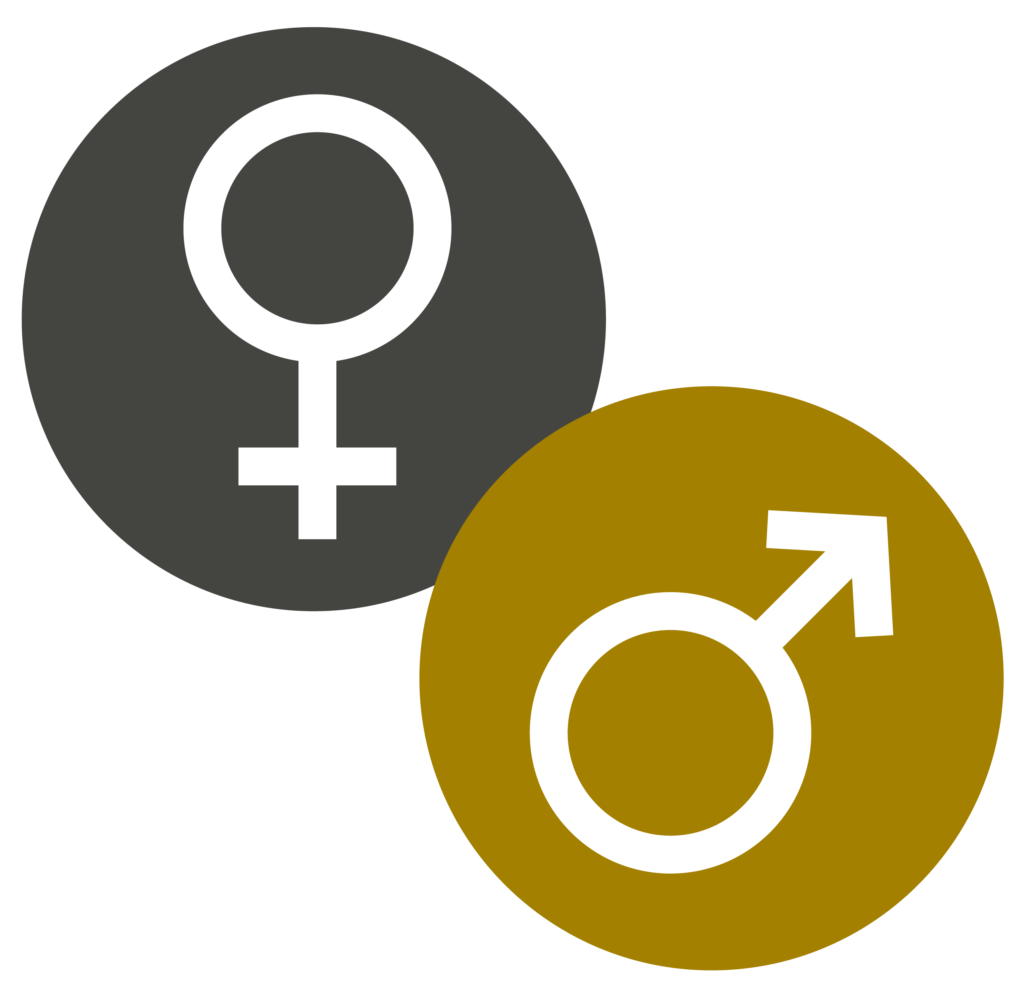
Another theme arising out of the discussion was what good allyship looks like. The panel recognised that the impetus is on both men and women to act as allies, but also addressed the tension that allies face between protection and empowerment: the best allies know that it is often more powerful and empowering to stand beside, or even behind, rather than to leap in front.
The thought-provoking discussion was facilitated by Dispute Resolution’s Michelle Anderson, Senior Legal Ops Manager:
It was such a pleasure to moderate our IWD panel discussion, and to hear insightful and inspiring commentary from our esteemed panellists. I always find our D&I events, and particularly those which allow us to hear people’s stories and connect with them as individuals, to be impactful and powerful ways to learn from others’ perspectives. The IWD theme of ‘inspiring inclusion’ certainly made for an interesting discussion!
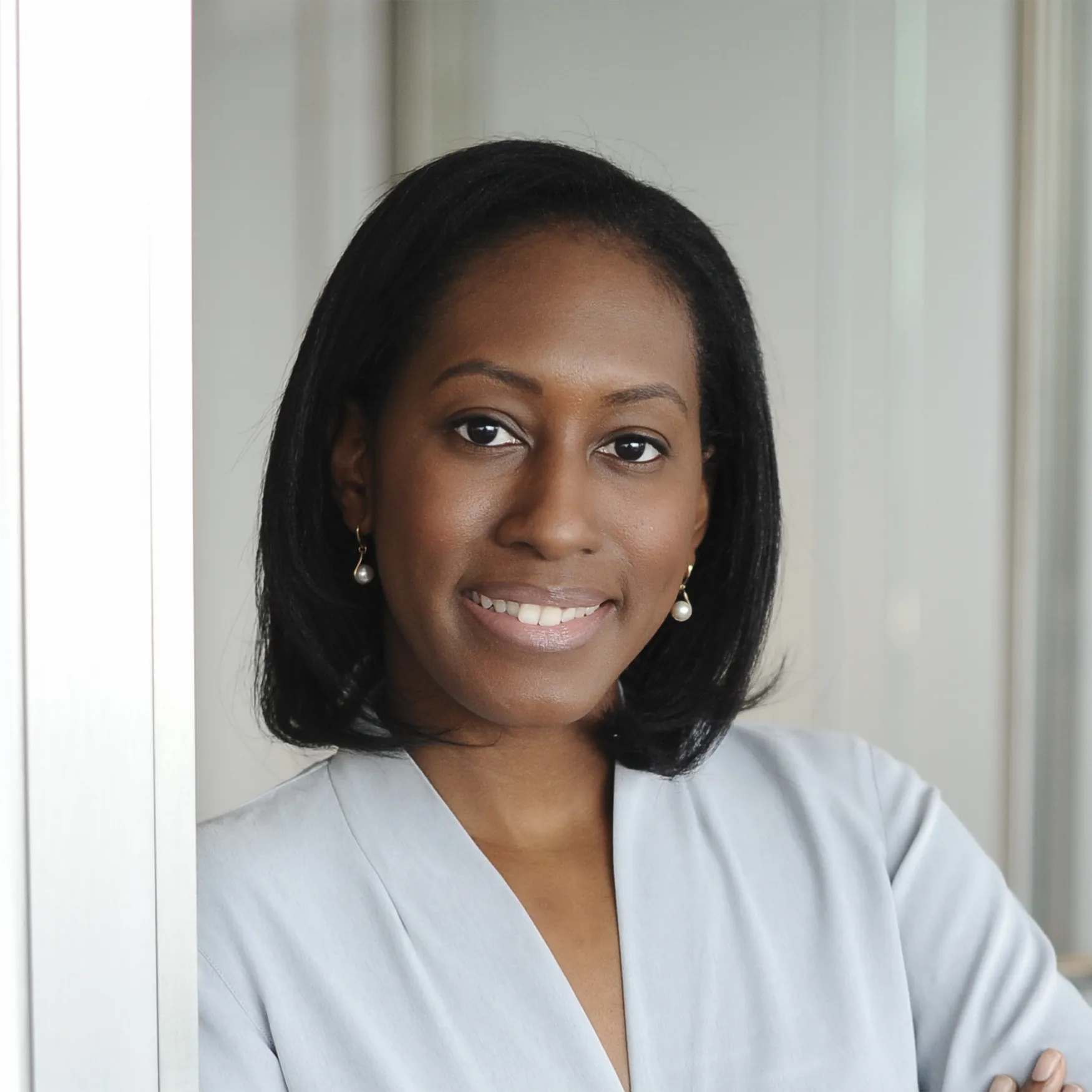
Michelle Anderson
Legal Operations Manager
Our Head of Dispute Resolution, Heather Gagen, was featured in an article on Law.com to mark International Women’s Day alongside senior women from across the legal industry: Laura Durrant (CEO of the Black Talent Charter and Partner at Equitura), Ursula Owczarkowski (vice chair of the international project development and finance practice group at Covington & Burling), and Nadine Amr (energy and transactions partner at Vinson & Elkins).
As well as paying tribute to her mum for role-modelling a career in law and nodding to the challenges of balancing a fast-paced career with a young family, Heather also recognised and reiterated that allies are essential to progress. She highlighted the vital role that male allies have to play in supporting women and accredits the positive impact those allies have had on her own experiences:
look out for male allies and don’t be afraid to ask for their support—for example, as a sounding board if you are not sure how to approach an issue, or advice on how to build your profile and practice. I have had some fantastic male allies at Travers Smith and their support has allowed me to grow in confidence and thrive, as well as contributing to me and other women progressing to more senior positions at the firm
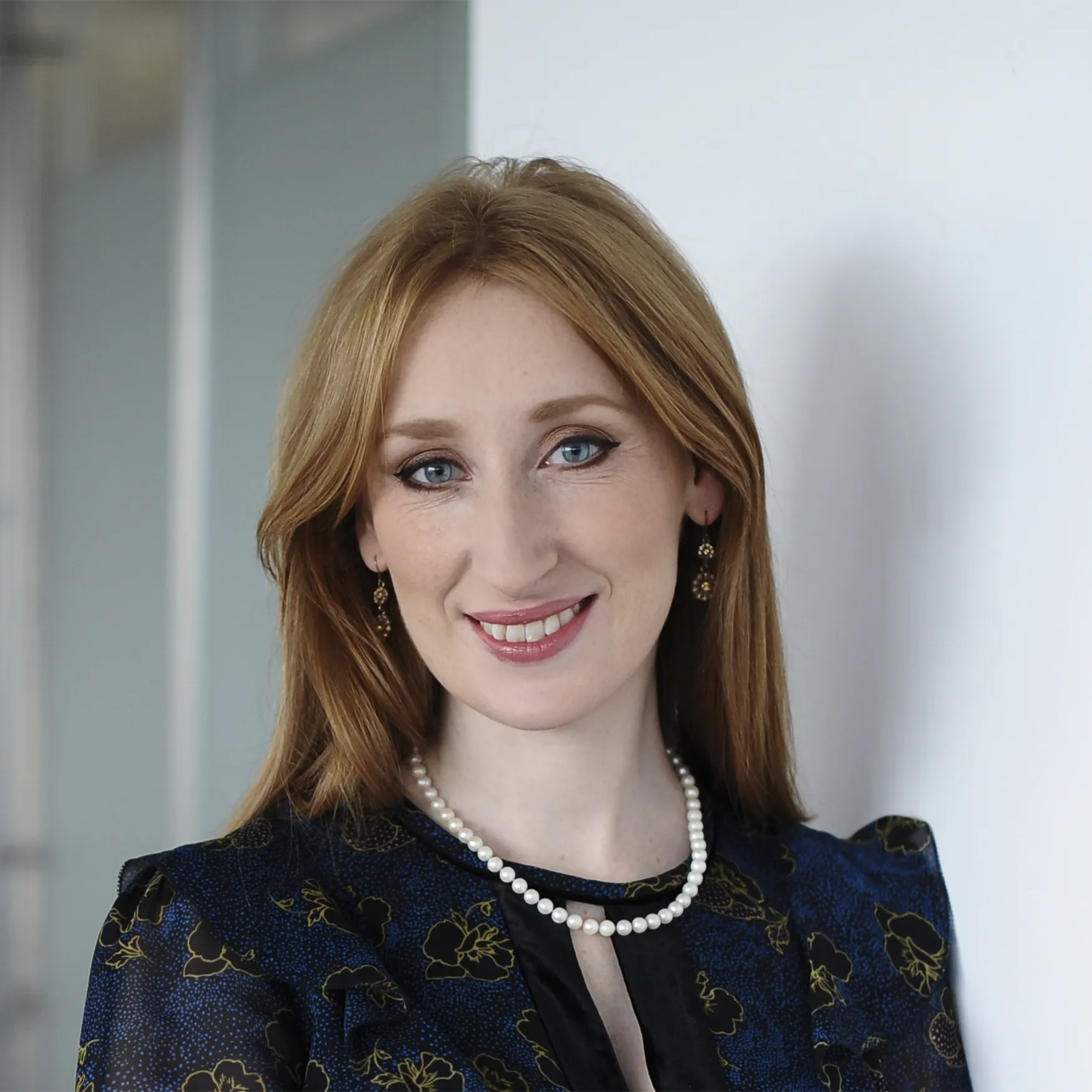
Heather Gagen
Head of Dispute Resolution
The article does, however, confront the uncomfortable truth that “change is glacial“, and is often “uneven“, and candidly acknowledges the risks to progress if developments are “left to evolve organically“. The message is clear that inertia must be guarded against. The article ends on an important note from Laura Durrant, which is both encouraging and an important challenge: “we are having more honest conversations about barriers and are slowly moving away from thinking it’s all about women having children – it’s much more complex than that.”
On that note, and in the spirit of concerted action, Employment Partner Siân Keall and Competition Senior Counsel Ingrid Hodgskiss have both been involved with the International Bar Association’s cross-jurisdictional efforts to facilitate female career development into senior positions within the legal sector.
The IBA’s Ten Directives to Break the Glass Ceiling, co-authored by Siân, outline the various steps that women can and should take themselves (leading with “merits are a must” and underscoring the importance of continually building skills and knowledge) as well as the factors which workplaces need to embrace for the Directives to achieve their aim.
The Directives were launched on International Women’s Day at an IBA event attended by dozens of lawyers from across 30 jurisdictions, with Ingrid and Siân representing perspectives from the UK.
Very much seeking to bring the Directives to life, Siân and Ingrid then hosted a follow-up virtual roundtable event to enable associates to discuss their views on the Directives as well as network, share learnings and discuss opportunities for collaboration on the topic of gender balance.
I have been inspired by the Directives and the effective messages that they promote, which are relatable, clear and practically helpful. They provide a platform and framework for much needed discussions around gender balance in law, based on the personal experiences of the highly successful and inspirational female co-authors.
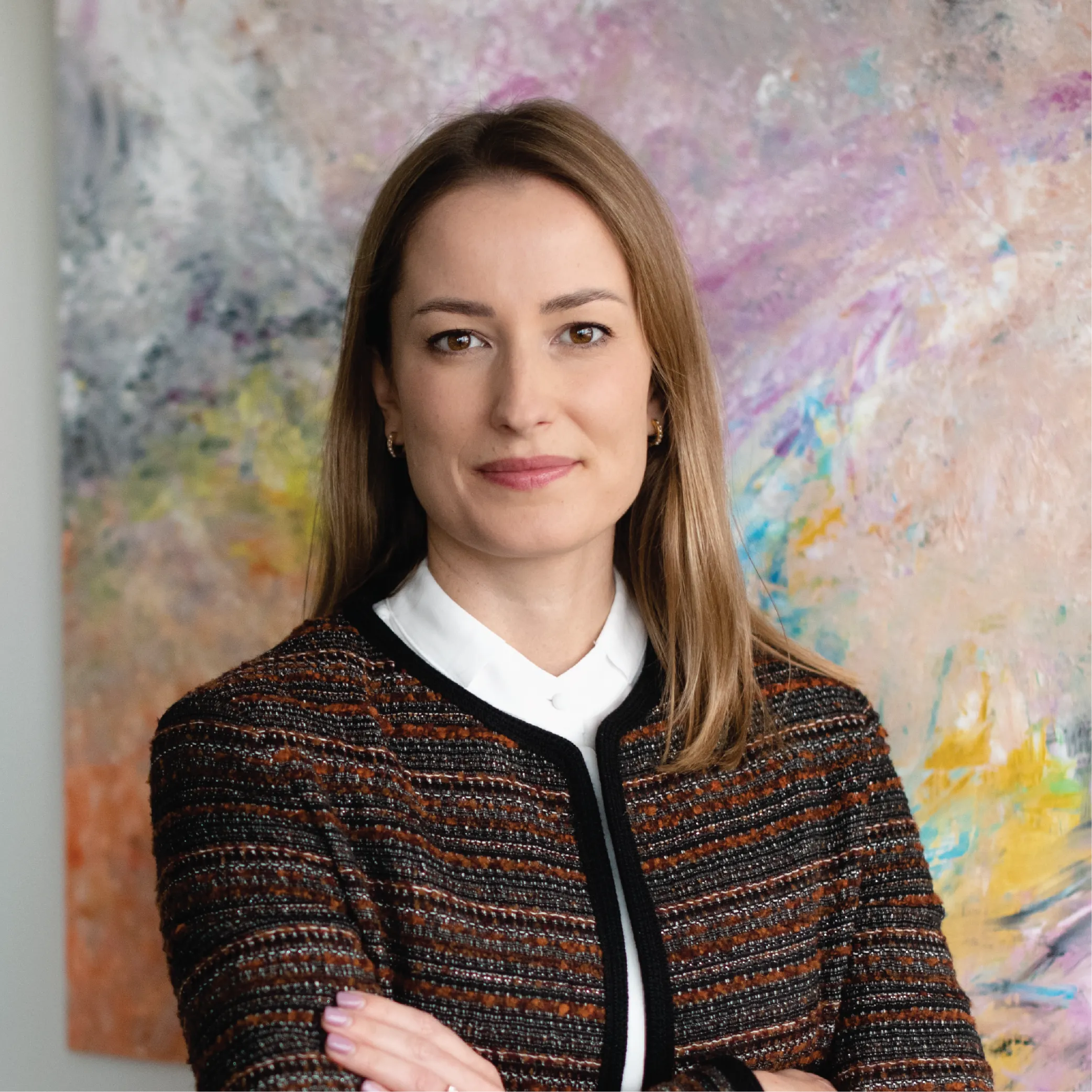
Ingrid Hodgskiss
Partner Elect, Competition
I was delighted to be asked by Almudena Arpon de Medivil (the President of the IBA) to work with her and Maria-Pia Hope (the Managing Partner of Vinge) to create the Directives. I hope that they prove to be a useful basis for discussion and thought for individuals and firms. Everyone’s style and career is different, but we thought that it should be possible to identify themes which support growth and development. I hope that the list we created does that. My favourite one is “Be yourself, it is the thing you excel at”. It can be hard to follow, particularly at the early stages of working life. Forming relationships is key to many aspects of our work and authenticity, in my view, is critical to building long term successful business relationships. That is the professional rationale, but the more human one is that people are normally much happier and more confident if they are encouraged to be themselves.
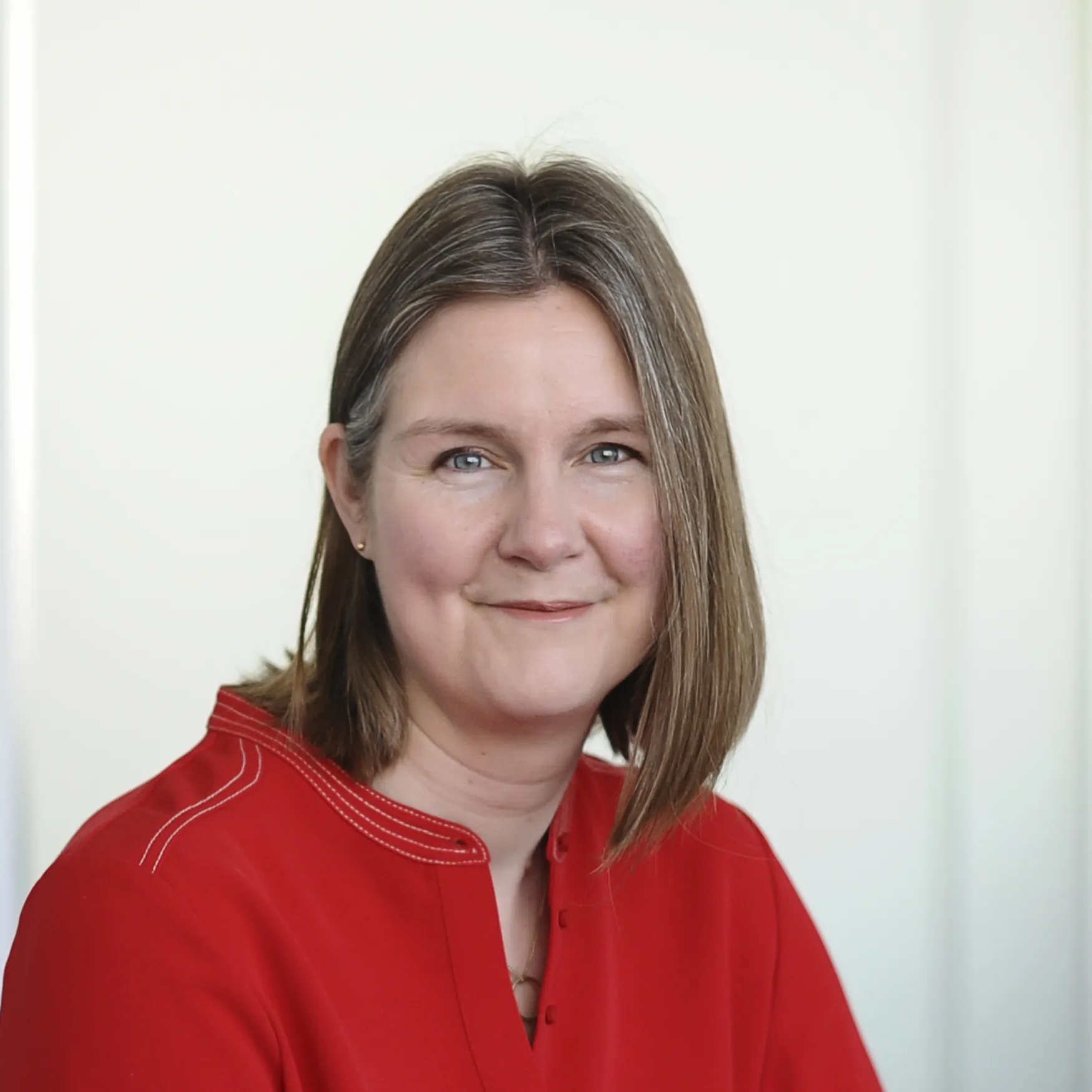
Siân Keall
Partner, Employment
What is clear from the firm’s IWD celebrations this year is that the gender balance discussion across the legal industry has developed in some significant respects, including the need for a sophisticated approach to intersectionality as well as the careful balancing act that allies face between empowerment and protection. However, there remains much to do, and progress is slow and uneven. These events and initiatives directly embody the importance of continued discussions on gender balance: there is real risk in assuming that positive change will continue to happen without sustained and proactive efforts across the industry to keep driving the conversation forward. This conversation needs not only to happen in particular groups or pockets within organisations, but firmwide, championed and actively engaged in by senior management.
